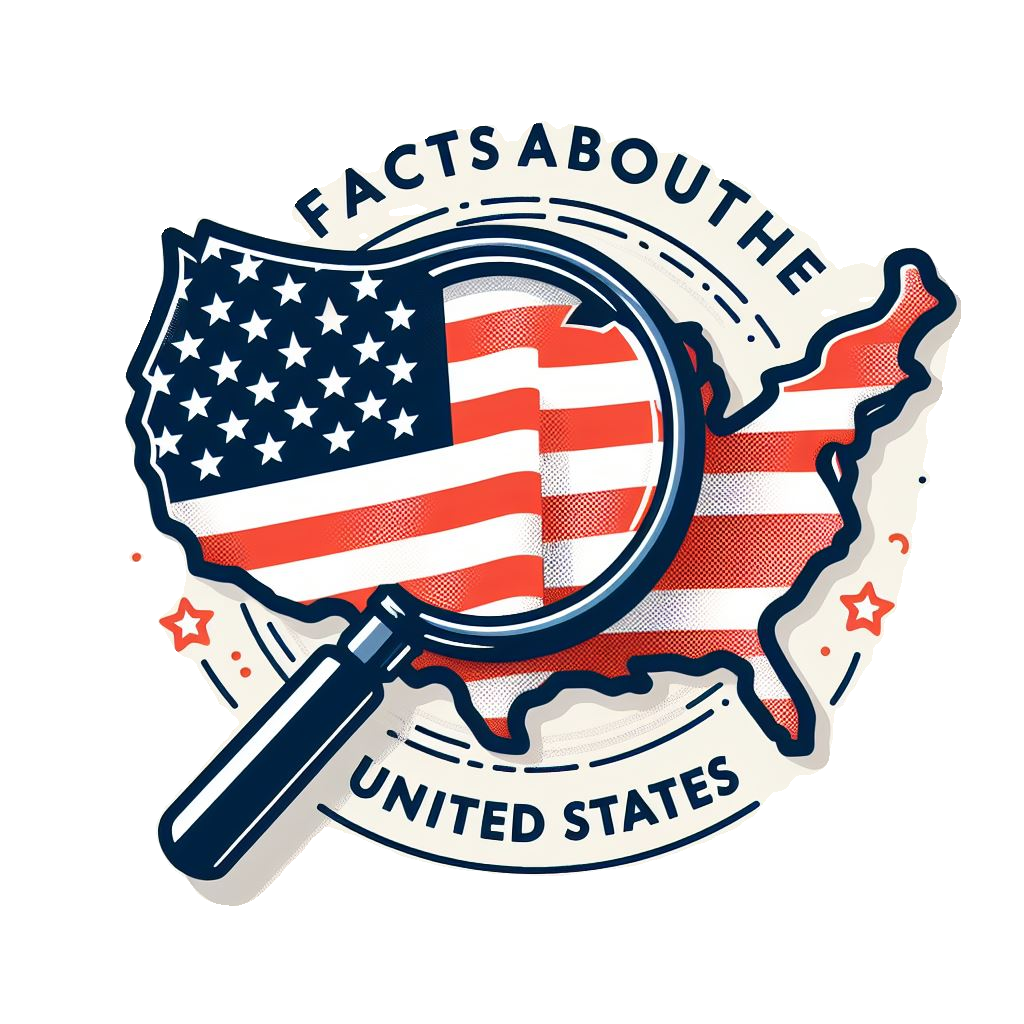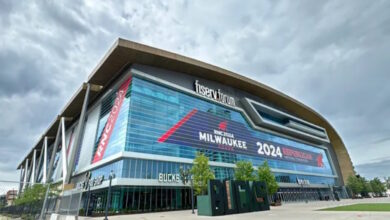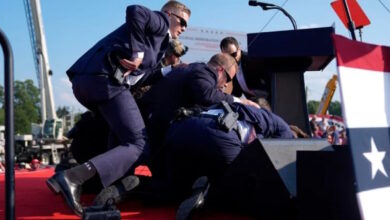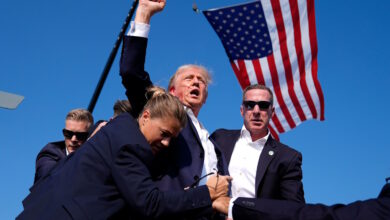Imagine a time when the bustling cities and wide-open spaces of America weren’t a country, but just a group of colonies under the rule of a far-off king. It might seem strange now, but that’s how things were before the American Revolution. This wasn’t just a war, it was a whole idea bursting into life – the idea that people should have a say in how they’re governed.
What Were Things Like Before the War?
The American colonies were like Britain’s little outposts in the New World. They provided raw materials like wood and tobacco, and Britain turned them into goods and sent them back to sell to the colonists. Things hummed along decently for a while, but the king and his government, called Parliament, started to feel like the colonies should be paying more to support the British Empire.
“No Taxation Without Representation!”
Here’s where things started to heat up. The colonists were used to running their own affairs in their local assemblies. The new taxes Parliament imposed, like the Stamp Act and the Tea Act, felt like an unfair overreach. It wasn’t just about the money – it was about having their rights as British subjects ignored. “No taxation without representation!” became a rallying cry.
Things Get Messy
Protests started popping up everywhere, some peaceful, some not so much (ever heard of the Boston Tea Party?). The tension was like a tightly wound rope about to snap. Then came the first shots at Lexington and Concord in 1775, and bam! The colonies were at war with the most powerful empire in the world.
From Rebels to an Army
At first, the colonists were a ragtag bunch of farmers and shopkeepers. Then, along came George Washington. He whipped them into a real army, the Continental Army, and they started giving the British “redcoats” a run for their money. They were underdogs, for sure, but they had that fiery spirit of fighting for freedom.
Help from Abroad
The Americans weren’t alone in this fight. France, Britain’s old enemy, saw a chance to stick it to them and jumped in to help the colonists. Supplies, money, even soldiers and ships – the French were key to the American victory.
Yorktown and a New Nation
After years of battles, some won, some lost, the decisive moment came in Yorktown, Virginia. The British army, trapped, finally surrendered in 1781. The world was stunned. The scrappy colonies had beaten the mighty British Empire!
The Birth of the United States
The war didn’t magically fix everything. Figuring out how to govern 13 very different former colonies was a whole other challenge. But after much debate and compromise, the United States of America was born. This new nation was an experiment in democracy, where power came from the people, not a king.
The Revolution’s Legacy
The American Revolution was more than just a war. It was like a beacon, sending a message across the world that people could fight against tyranny and win. It inspired revolutions in France, Haiti, and elsewhere. It wasn’t a perfect start, and there’s still work to do, but the American Revolution showed that the idea of a government of the people, by the people, and for the people was powerful enough to change the world.




